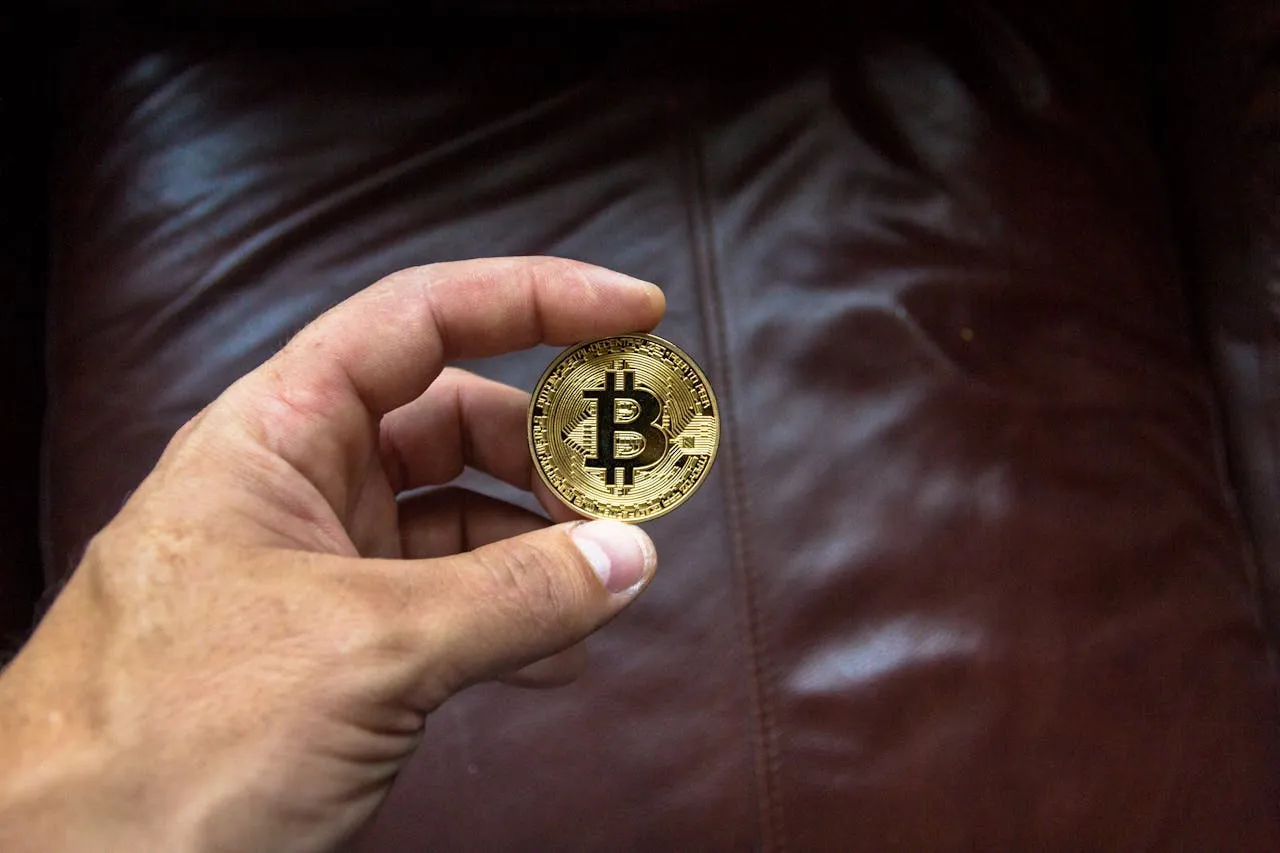Decentralized Finance (DeFi) is revolutionizing the financial services industry by leveraging blockchain technology to create an open, transparent, and accessible financial system. Unlike traditional finance, which relies on centralized intermediaries like banks and financial institutions, DeFi operates on decentralized networks, allowing for peer-to-peer transactions and services. This shift is transforming how individuals and businesses interact with financial systems, offering new opportunities and challenges.
At the heart of DeFi is the use of blockchain technology to eliminate the need for intermediaries. Blockchain, a decentralized ledger that records transactions across multiple computers, ensures that all participants have access to the same information without relying on a central authority. This decentralized approach not only reduces the potential for fraud and manipulation but also enhances transparency and trust in financial transactions.
One of the most notable applications of DeFi is in the realm of lending and borrowing. Traditional lending processes are often cumbersome, requiring credit checks, lengthy approval procedures, and significant paperwork. DeFi platforms, however, enable users to lend and borrow assets directly through smart contracts—self-executing contracts with the terms of the agreement written into code. These smart contracts automatically enforce the terms and conditions of the loan, reducing the need for intermediaries and streamlining the lending process. This opens up access to financial services for individuals who may be underserved by traditional banks.
Another significant aspect of DeFi is decentralized exchanges (DEXs). Unlike centralized exchanges, which are operated by a single entity and require users to deposit their assets into the exchange's custody, DEXs allow users to trade cryptocurrencies directly with one another. These platforms use smart contracts to facilitate and settle trades, providing users with greater control over their assets and reducing the risk of exchange-related hacks and theft. DEXs are also known for their lower fees compared to traditional exchanges, making them an attractive option for traders and investors.
Stablecoins are another innovation within the DeFi ecosystem. Stablecoins are cryptocurrencies designed to maintain a stable value relative to a fiat currency, such as the US dollar. They are often used as a medium of exchange or a store of value within DeFi platforms. By providing stability in an otherwise volatile cryptocurrency market, stablecoins enable users to transact with confidence and participate in DeFi applications without being exposed to significant price fluctuations.
Yield farming and liquidity mining are popular DeFi activities that allow users to earn rewards by providing liquidity to DeFi protocols. Yield farming involves depositing assets into a liquidity pool, which is used to facilitate trading on decentralized exchanges. In return, users receive rewards in the form of additional cryptocurrency. Liquidity mining, on the other hand, involves earning rewards for supplying liquidity to a specific DeFi protocol. Both activities offer opportunities for users to generate passive income, but they also come with risks, such as impermanent loss and smart contract vulnerabilities.
Despite its potential, DeFi is not without its challenges. The rapidly evolving nature of the space means that regulatory frameworks are still catching up, leading to uncertainty and potential legal issues. Additionally, the reliance on smart contracts introduces risks related to coding errors and security vulnerabilities. Ensuring the security of DeFi platforms and protecting users from potential losses is an ongoing concern for developers and regulators alike.
In conclusion, DeFi is reshaping the financial services industry by leveraging blockchain technology to create a decentralized, transparent, and accessible financial ecosystem. Its innovations in lending, trading, and stablecoin creation offer new opportunities for individuals and businesses while presenting unique challenges and risks. As the DeFi space continues to evolve, it has the potential to democratize finance and redefine how we interact with financial systems, driving greater inclusivity and efficiency in the financial world.





















